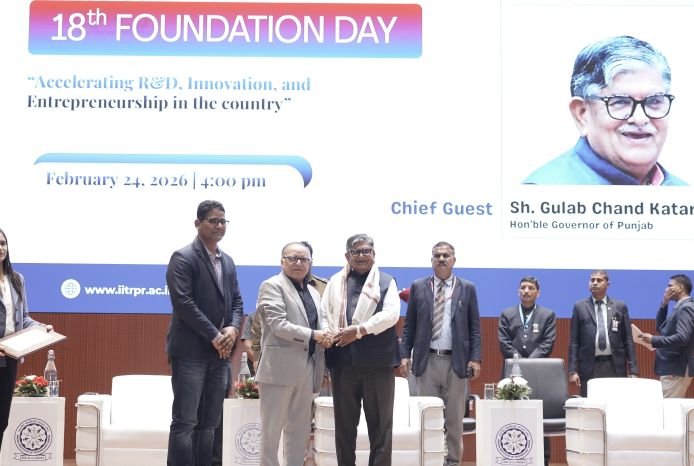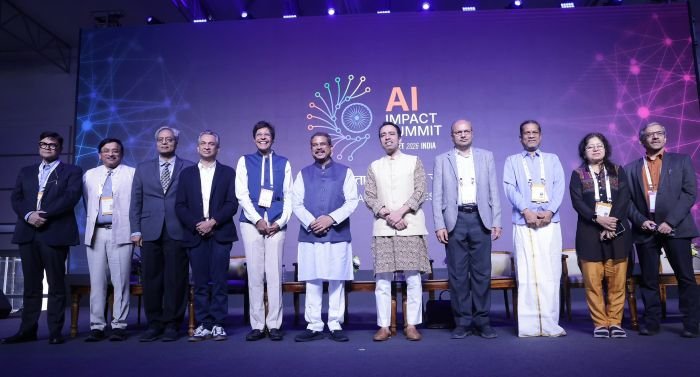Of the 3100 institutes offering management education in India, about 460 are standalone self-financing colleges meaning these only teach management discipline and can only award diplomas. Now with the draft National Education Policy being discussed for an eventual roll out soon, the standalone institutes have started worrying about their existence as the proposed new policy only provides for three type of higher education institutions—all of them degree dispensing.
While the government sector IIMs which until last year were also diploma awarding institutions of excellence have been upgraded as universities and their programs made into degree courses along with PhD, the private institutes which were largely modeled on IIMs course program architecture, have stuck a dead wall. According to Prof Furqan Qamar, former VC of HP central university and AIU general secretary, who is now back to teaching at Jamia, there will be consolidation of higher education institutions within the country and the number which currently is about 50,000 may come down to 12-15000 due to restructuring as proposed in the draft NEP and interdisciplinary requirements. “The existential challenge for many management colleges will remain as the future requirements will force lot of realignment,” he said while addressing the 10th Manage Conclave in Delhi on August 2.
Dr Harivansh Chaturvedi, director BIMTECH and alternate president EPSI, a lobby of private HEIs, while setting the context of what draft NEP holds for institutions like his own felt that management education hasn’t been given proper attention in the draft. “Within two pages on technical education, management has been mentioned indirectly at a couple of places and there is no expert on management education within the group of experts which has vetted the draft,” he added. With stagnation in admissions already hitting a number of these diploma institutes, they have also the level playing field after IIMs upgrade. “Management is neither wholly knowledge based, nor completely skill-based, it has its own dynamics of linkages and job market. I wish there is a strategic thrust to each stream of education in the policy to address its needs and ecosystem development,” he said.
Anil D Sahasrabudhe, AICTE chairman, however, allays much of these fears and feels while the bottom 20% -30% may disappear, those doing good will be able to provide degrees and become part of change. “The emphasis is on lighter but tighter regulations,” he quipped.








